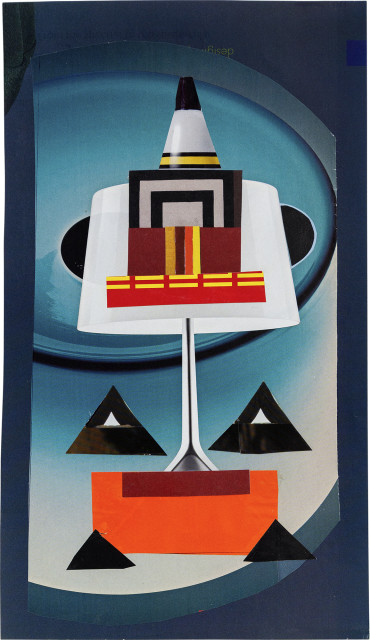Elisabeth Wild was born in Vienna (Austria) on February 6th, 1922. In 1938 she emigrated with her parents Franz and Stefanie Pollak to Buenos Aires, Argentina, fleeing Nazism in Europe. Coming from a family of female artists (her Grandmother was a painter), she learned to paint in Vienna’s Academy of Art, and then explored figurative nude drawing in the Círculo de Bellas Artes de Buenos Aires, Argentina, participating in her first group exhibitions in Buenos Aires and Mar de Plata.
In order to make a living, Wild ventured in textile design through silk screen printing. And it was precisely by way of her designs that she met her husband August Wild, a textile industrialist of Swiss nationality. Together they had a daughter, Vivian, who was born in 1949. In 1962, during Juan Perón’s government, the family moved to Switzerland, where Wild opened an antiques shop in a historical building in Basel. Finally, approaching her 75th birthday, she moved back to Latin America in 1996 to live with her daughter Vivian (Suter) and grandson Panchito in Panajachel, a town in Lake Atitlán, in between three volcanos.
Since then, both Elisabeth and Vivian have been fully dedicated to their individual artistic practices despite having to deal with a series of local difficulties. Specifically, they have endured the torrential flooding of Hurricanes Mitch (1998), Stan (2005), and Agatha (2010), plus the town’s constant threat of local gangs, narcos, and vigilantes.
Through her meditative daily practice in collage, Wild creates bold and dynamic compositions made up of cut-up pages of art and lifestyle magazines. In the words of Adam Szymczyk, Artistic Director of documenta 14, “The work emerges as sediment processed through the iconography of cool chic; pretty much anything, from lipstick advertising to the decor of luxury interiors to fashion accessories, can catch Wild’s attention. Hers is a magpie strategy: she collects pieces of world glitz and bling to free them from the commodity system and turn all-too-familiar pictures into new images. Wild’s kaleidoscopic worlds -she terms them Fantasías- exert their own, special allure.”
